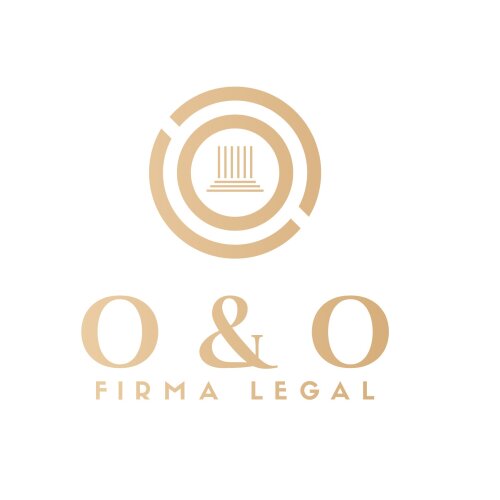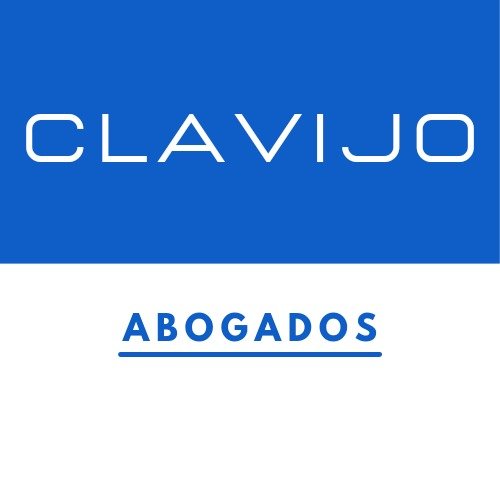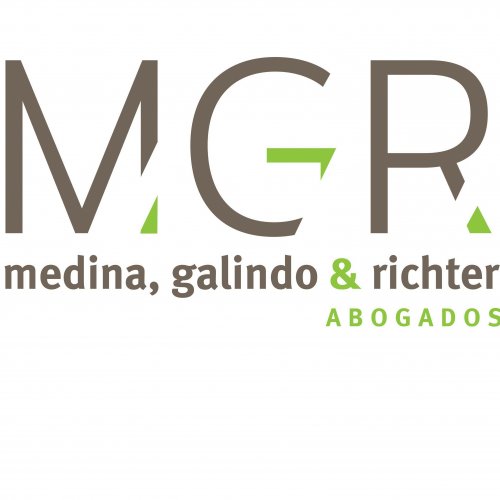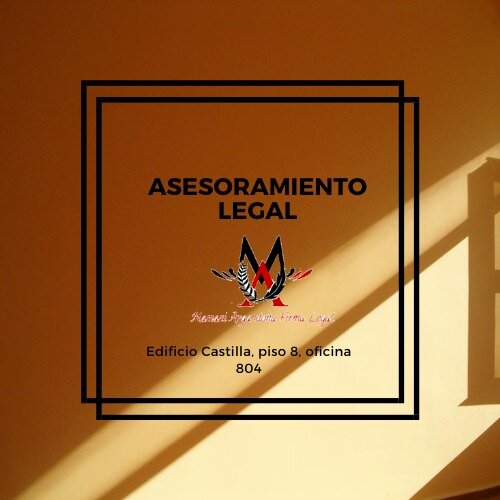Best Antitrust Litigation Lawyers in Bolivia
Share your needs with us, get contacted by law firms.
Free. Takes 2 min.
Or refine your search by selecting a city:
List of the best lawyers in Bolivia
About Antitrust Litigation Law in Bolivia
Antitrust litigation in Bolivia refers to the set of legal processes and actions aimed at addressing unfair business practices that restrict competition or create monopolies in the Bolivian market. The main goal of antitrust law is to promote healthy competition among businesses, protect consumer interests, and prevent market abuses by dominant companies. In Bolivia, antitrust matters are predominantly regulated by national legislation, which seeks to prevent anti-competitive agreements, cartel conduct, and misuse of market dominance. The competent authorities investigate such cases and may impose penalties or corrective measures to restore competitive balance.
Why You May Need a Lawyer
Dealing with antitrust issues in Bolivia can be complex, often requiring specialized knowledge and in-depth understanding of both local and international trade laws. You may need a lawyer in situations such as:
- Facing investigations or accusations regarding monopoly practices or market dominance abuse
- Suspecting that a competitor is engaging in unfair or anti-competitive behavior
- Needing advice before signing agreements or mergers that could raise competition concerns
- Pursuing damages for losses resulting from cartels or restrictive trade practices
- Responding to notices or sanctions from competition authorities
- Preparing compliance programs to avoid infringing antitrust laws
- Seeking legal guidance on reporting anti-competitive conduct to the authorities
Experienced antitrust lawyers can represent you during investigations, mediate disputes, and ensure your interests are protected in both administrative and judicial proceedings.
Local Laws Overview
Bolivia regulates antitrust matters through its main authority, the Autoridad de Fiscalización de Empresas (AEMP) and the competition law contained in Law No. 453 on Consumer Rights, as well as specific provisions in the Bolivian Commercial Code. Key aspects include:
- Prohibited Practices: Agreements, decisions, or concerted practices that restrict competition, such as price-fixing, market sharing, or bid rigging, are forbidden.
- Abuse of Dominant Position: Companies with significant market power are not allowed to abuse their dominance by imposing unfair trading conditions, refusing to sell or purchase goods, or limiting production to the detriment of competition.
- Mergers and Acquisitions Control: Certain mergers or acquisitions may require notification and approval from competition authorities if they could lead to market concentration that harms competition.
- Investigations and Sanctions: The AEMP may investigate suspected anti-competitive conduct, impose fines, or order corrective measures. Affected parties have the right to challenge sanctions and seek judicial review.
- Consumer Protection: Even though the focus is on market competition, protecting consumer rights is closely linked to antitrust enforcement.
Understanding these fundamentals is crucial for businesses and individuals involved in commerce or trade in Bolivia.
Frequently Asked Questions
What is considered anti-competitive behavior in Bolivia?
Anti-competitive behavior includes collusion between competitors, price-fixing, bid rigging, abuse of dominant position, and agreements to limit production or divide markets.
Which authority enforces antitrust laws in Bolivia?
The Autoridad de Fiscalización de Empresas (AEMP) is the main regulator responsible for monitoring and enforcing compliance with antitrust laws.
Can I file a complaint if I suspect antitrust violations?
Yes, individuals, consumers, or businesses can file complaints with the AEMP if they believe anti-competitive practices are occurring.
What penalties exist for breaching antitrust laws?
Penalties may include administrative fines, orders to cease anti-competitive conduct, or unwinding of mergers found to be unlawful. The size of the fine often depends on the severity and impact of the violation.
Is it illegal to have a monopoly in Bolivia?
Holding a dominant market position is not illegal by itself, but abusing such dominance to harm competition or consumers is prohibited.
Are mergers and acquisitions subject to scrutiny?
Yes, transactions that could significantly affect competition must be reported to and approved by the AEMP before they are completed.
Can foreign companies be investigated for antitrust violations in Bolivia?
Yes, if their conduct affects the Bolivian market, foreign companies can be investigated and sanctioned under Bolivian antitrust laws.
How long do antitrust investigations take?
The timeframe varies depending on the complexity of the case but may range from several months to more than a year.
What should I do if I receive a notice of investigation?
It is strongly advised to consult an experienced antitrust lawyer right away. Do not ignore the notice and prepare all relevant documentation for your defense.
How can I ensure my business complies with Bolivian antitrust laws?
Regular legal reviews, employee training, and implementing compliance programs can help ensure ongoing adherence to antitrust regulations.
Additional Resources
The following resources and organizations can provide information and assistance related to antitrust litigation in Bolivia:
- Autoridad de Fiscalización de Empresas (AEMP): The government body responsible for regulating competition and corporate conduct.
- Ministry of Productive Development and Plural Economy: Provides regulations and guidance on fair trade practices and economic policies.
- Bolivian Chamber of Commerce: Offers support to businesses navigating regulatory frameworks.
- Consumer Protection Agencies: Organizations dedicated to protecting consumer interests, which are often linked to competition issues.
- Bar Associations and Legal Aid Centers: These can connect you to qualified legal professionals specializing in antitrust and competition law.
Next Steps
If you believe you are involved in or affected by antitrust issues in Bolivia, consider the following steps:
- Document all relevant facts, communications, and agreements concerning the potential antitrust issue.
- Seek advice from a qualified Bolivian lawyer specializing in antitrust litigation. Many law firms and legal aid centers offer initial consultations to assess your case.
- Prepare to provide your lawyer with any official notices, contracts, or evidence that may support your position.
- Work with your lawyer to develop a clear strategy-whether you need to defend against a claim, report anti-competitive conduct, or ensure compliance with the law.
- Keep informed about local laws and any ongoing changes in Bolivian antitrust regulations to stay compliant and protect your interests.
Prompt legal guidance is essential to ensure your business activities conform to Bolivian competition law and to successfully resolve any antitrust disputes that arise.
Lawzana helps you find the best lawyers and law firms in Bolivia through a curated and pre-screened list of qualified legal professionals. Our platform offers rankings and detailed profiles of attorneys and law firms, allowing you to compare based on practice areas, including Antitrust Litigation, experience, and client feedback.
Each profile includes a description of the firm's areas of practice, client reviews, team members and partners, year of establishment, spoken languages, office locations, contact information, social media presence, and any published articles or resources. Most firms on our platform speak English and are experienced in both local and international legal matters.
Get a quote from top-rated law firms in Bolivia — quickly, securely, and without unnecessary hassle.
Disclaimer:
The information provided on this page is for general informational purposes only and does not constitute legal advice. While we strive to ensure the accuracy and relevance of the content, legal information may change over time, and interpretations of the law can vary. You should always consult with a qualified legal professional for advice specific to your situation.
We disclaim all liability for actions taken or not taken based on the content of this page. If you believe any information is incorrect or outdated, please contact us, and we will review and update it where appropriate.
Browse antitrust litigation law firms by city in Bolivia
Refine your search by selecting a city.

















